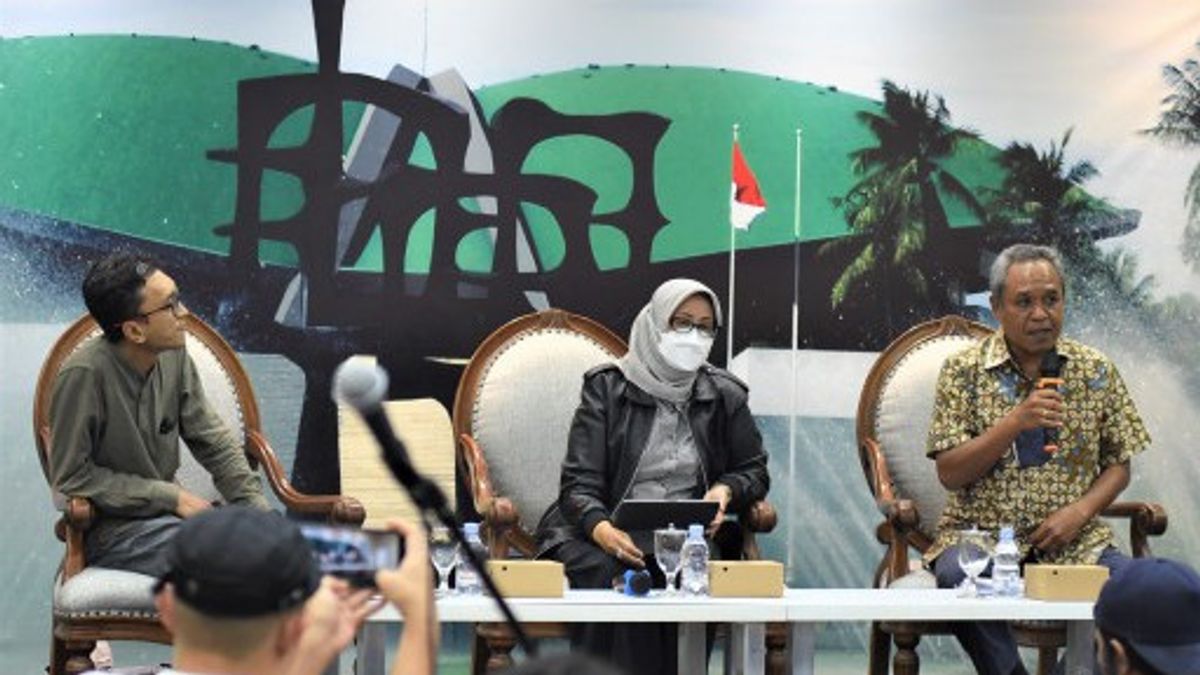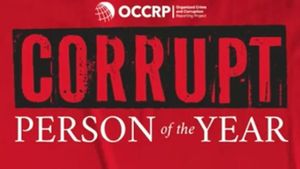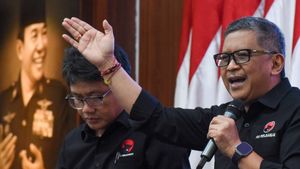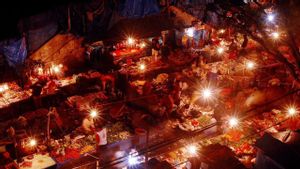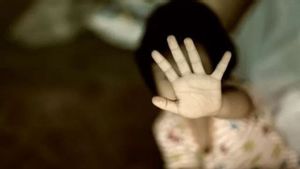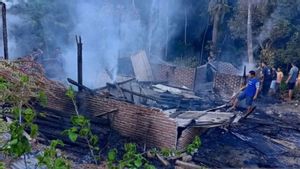JAKARTA - In the legislative discussion forum at the Media Center, Nusantara III Building of the DPR RI on July 19, Member of Commission III of the DPR RI Benny K. Harman ensured that there were no articles in the Draft Law on the Criminal Code (RKUHP) that threatened and killed press freedom.
Articles that regulate and articles of slice related to press freedom in the bill will remain in principle of guaranteeing and overseeing freedom of right to express opinions as the right to freedom of the press.
Benny asked his press colleagues not to worry. The RKUHP will still be applied as a general law, while the Press Law is special. This means that the Press Basic Law is still used as a reference.
The provisions related to journalistic tasks in the RKUHP are actually in the context of affirming the Press Basic Law. So, the provisions in the Press Basic Law are very good to protect and oversee the rights of press freedom regulated in the RKUHP as guaranteed by the constitution," said Benny.
In the forum, the Chairman of the Data Collection, Study and Press Ratification Commission Dr. Ninik Rahayu has also requested that the criminal and criminal system listed in the bill no longer have multiple interpretations.
The purpose of establishing the law is to provide certainty, provide protection and no longer contain rubber articles that have had negative implications for fellow journalists due to the ITE Law.
"We want to sit down that the press cases are resolved by the press council, not by criminal means," he said.
The Press Council as an independent institution has previously compiled a RKUHP Problem Inventory List (DIM) on crucial articles that pose a threat to the press and journalists. The Press Council also suggested reformulation of 11 clusters and 17 articles in the RKUHP that could potentially threaten press independence, as an effort to prevent criminalization.
Instead of giving feedback, the government and the DPR actually perpetuated the bill. A number of articles that silence press freedom still exist.
The press as a pillar of democracy who works to fulfill the people's right to information that means it has the potential to be paralyzed because it is in conflict with criminal threats.
"We consider that the provisions contained in the RKUHP which were recently approved by the Government and the DPR to be ratified into the Criminal Code Law not only threaten and injure press independence, but also are dangerous for democracy, religious freedom and belief, and eradication of corruption," said Arif Zulkifli, Chairman of the Legal and Legislation Commission of the Press Council in his official statement on December 7, 2022.
For example, Article 263 paragraphs 1 and 2 and Article 264 concerning Broadcasting or News Dissemination or Notification:
Paragraph (1) states, "Everyone who broadcasts or disseminates news or notification even though they know that the news or notification is a lie that resulted in riots in society, shall be sentenced to a maximum imprisonment of 6 (six) years or a maximum fine of category V".
Meanwhile, Paragraph (2), Everyone who broadcasts or disseminates news or notifications even though it is reasonable to suspect that the news or notification is a lie that could result in riots in society, shall be punished with imprisonment for a maximum of 4 (four) years or a maximum fine of category IV.
Then, Article 264, Anyone who broadcasts uncertain, excessive, or incomplete news while being known or suspected, that such news can result in riots in society, shall be sentenced to a maximum imprisonment of 2 (two) years or a maximum fine of category III.
Likewise, Article 594-596 concerning Issuance and Printing Crimes:
The press independence is pending because the Criminal Code can ensnare journalists and press companies as perpetrators of criminal acts when carrying out journalistic duties, Arif added.
In fact, the mandate of Law Number 40 of 1999, press independence is guaranteed as the human rights of citizens. The national press has the right to seek, obtain and disseminate ideas and information.
An important element of democracy is the existence of freedom of expression, freedom of opinion, and press freedom.
Without legal protection, journalists cannot play a maximum role in carrying out their duties and functions in social control, criticizing, correcting, and providing suggestions on matters relating to the public interest in preventing abuse of power.
The question is, with the new Criminal Code, is the Basic Press Law still a reference? Can Benny's statement really be implemented?
The Press Council noted articles on the Criminal Code that have the potential to criminalize journalists and threaten press freedom, freedom of opinion, and expression, as follows:
Independence to express thoughts and opinions in accordance with conscience and the right to obtain information is the right of human rights," emphasized Arif.
The English, Chinese, Japanese, Arabic, and French versions are automatically generated by the AI. So there may still be inaccuracies in translating, please always see Indonesian as our main language. (system supported by DigitalSiber.id)
